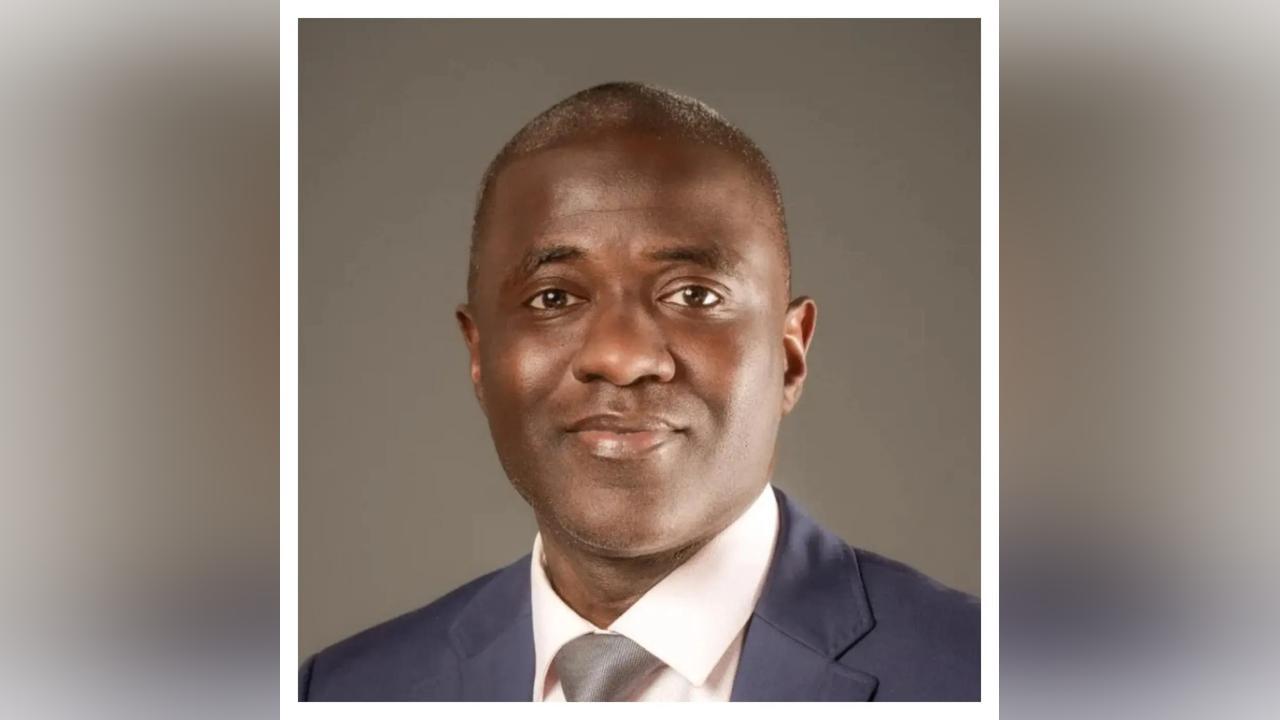Africa-Press – Nigeria. The Executive Vice Chairman and Chief Executive Officer, EVC/CEO of the Nigerian Communications Commission, NCC, Dr. Aminu Maida, has reaffirmed the Commission’s commitment to transparency and accountability within the sector.
The EVC spoke at the 93rd telecoms consumer parliament, TCP, at the NCC’s Communications and Digital Economy Complex, Abuja on Thursday.
The 93rd Telecoms Consumer Parliament was
themed “Optimizing Data Experience: Empowering Consumers through Awareness
and Transparency in a Consumer-Centric Telecom Industry.”
The EVC noted that the theme was timely, as
internet use has become essential to daily life, adding that the role at the NCC is to not only ensure accessibility but to enhance service delivery for consumers.
He noted that over the past two decades, the telecommunications landscape in the country has transformed from basic voice services to high-speed data that connects, informs, and powers innovations.
“With the rollout of 3G, 4G, and now 5G, we’ve seen Nigerians adopting social media, e-commerce, online banking, and more,” the NCC’s Chief executive said.
“The introduction of 3G networks in the mid-2000s marked the beginning of this shift, enabling basic browsing and email.
“The leap to 4G
LTE brought faster speeds, enabling video streaming, online gaming, and a
myriad of digital activities. Now, with 5G promising even faster speeds and
lower latency, new frontiers are opening for innovations such as smart cities,
autonomous vehicles, and the Internet of Things, driving further demand
for data.
“Today, as data consumption grows, fueled by digital advancements, we must address consumer concerns over data depletion and billing transparency.
“Globally, DataReportal notes there are now over 5 billion internet users, with
Nigeria alone accounting for 132 million connections.
“Nigerians spend an
average of 4 hours and 20 minutes on social media daily, far above the global
average, underscoring how deeply embedded digital interaction is in our
lives.
“In 2024, Nigeria’s daily data usage averaged 336 gigabytes per second,
marking a 39% increase from the previous year—a clear indication of the
data-driven lifestyle many Nigerians lead.
“Despite this, many consumers feel their data depletes faster than expected, echoing a sentiment I hear often.
“Nigeria isn’t alone in this; other countries, like Eswatini, are also working to address similar consumer concerns about
data usage.
He said the Commission’s efforts in analyzing consumer complaints, revealed data
depletion and billing issues as top concerns.
“In response, we directed Mobile Network Operators and ISPs to conduct audits of their billing systems,
which reported no major issues,” he said.
“However, perceptions persist due to two
main factors: (1) the impact of high-resolution devices and improved technologies on data
use and (2) the complexity of operator tariffs.
“With the advent of 4G and 5G, as well as devices with ultra-high-definition
screens, data consumption has naturally increased.
“For example, while
viewing a photo on Instagram might have required only 100 kilobytes of data five years ago, today, with advanced camera resolutions, a photo can consume between two to four megabytes when opened on Instagram.
“According to Tech Advisor, an online resource that offers tech reviews,
spending an hour on Instagram can set you off an average of 600 Megabytes of your data, while streaming platforms like YouTube would set you off by about 3.5 to 5.4 Gigabytes per hour.
“Improved technologies go beyond their purchase cost to our pockets, they also come at a cost to data. Because they have better screen resolutions, they
consume higher quality media that consumes more data.
“This is the same for
our increasing digital habits: according to DataReportal, the world’s internet users are spending less time watching television; the average daily television viewing has fallen by over 8% in the past one year.
“These viewers are now
spending more time on their telephones, tablets, and smart TVs streaming programmes that they would previously have watched on broadcast
television.
“Recognizing these challenges, the Commission, in collaboration with major
operators, launched a Joint Industry Campaign on Consumer Awareness on
Smarter Data Usage.
“This media campaign, spanning radio, television,
newspapers, and SMS, aims to educate consumers on effective data management.
“The Commission believes that an informed consumer is a better-equipped
consumer, leading to a clearer understanding of data consumption and
reducing misconceptions about data depletion.”
For More News And Analysis About Nigeria Follow Africa-Press







